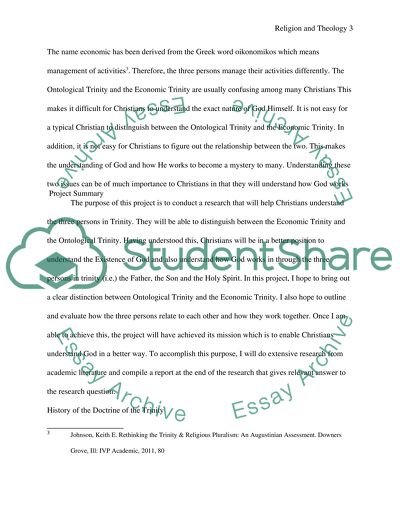Cite this document
(“The Ontological and Economic Trinity Essay Example | Topics and Well Written Essays - 3000 words”, n.d.)
Retrieved from https://studentshare.org/religion-and-theology/1477126-the-ontological-and-economic-trinity
Retrieved from https://studentshare.org/religion-and-theology/1477126-the-ontological-and-economic-trinity
(The Ontological and Economic Trinity Essay Example | Topics and Well Written Essays - 3000 Words)
https://studentshare.org/religion-and-theology/1477126-the-ontological-and-economic-trinity.
https://studentshare.org/religion-and-theology/1477126-the-ontological-and-economic-trinity.
“The Ontological and Economic Trinity Essay Example | Topics and Well Written Essays - 3000 Words”, n.d. https://studentshare.org/religion-and-theology/1477126-the-ontological-and-economic-trinity.


